Frequently Asked Real Estate Questions During The Pandemic
Everyone involved or interested in real estate has many burning questions on how the pandemic will influence the industry. In our effort to provide as much insight and value as possible, we’ve answered every inquiry thrown our way. Here is a recap of May 23rd’s REC Brunch, where Jas and Simos help guide you on your path to success.
Do you follow through with unique deals due to the current situation or what you would’ve pursued before? If the deal makes sense the deal makes sense. Do what you’re comfortable with, but also what you’ve researched to have a potentially strong ROI. CMHC predicts that specific markets can drop up to 18%, and we’ve already seen that. It’s still unclear if Toronto will dip; but if it does, it will inevitably rise. If you plan to buy and sell in a year or two, it's an unwise investment. The luxury market will likely be hit the most. Don’t try to time the market.
Would you recommend dipping into your savings rather than utilize a mortgage refinancing? Leveraging your home equity line of credit allows you to buy more property and have better returns. If you use your own money you are putting yourself at more risk.
Do you see lenders no longer allowing a home equity line of credit for down payments? Scotiabank has already done this, it’s up in the air if the other major banks will do the same. It’s extraordinarily likely that other people will shift to other banks that do allow this, so it seems unlikely the competition will follow suit.
Is there a structure you would recommend for a payment plan if the tenant can't pay in full? As a landlord you need to understand that there is a cost to turn over (repainting the property, getting it cleaned, etc). If as a landlord you are financially in a dire position, then you must do what you need to do. Adjust to what they are comfortable paying each month, aim for around 50% as generally that is what the average income has become now. Have the tenant then pay an additional 10% of the original rent when everything settles down. Don’t charge them interest or anything additional fees down the line. This can help ensure a long and happy tenancy. Compassion is key at this time. The end goal for property management has always been to make your tenant happy.
If a developer goes bankrupt during these times, what happens to deposits for pre-construction condos? The deposits are held in trust by the law firm the developer utilizes, so you will inevitably get it back.
In this market, which investment should we decide on? Pre-construction or existing? Pre-construction won’t go down in price due to the limited supply of space in Toronto, prices will go up further as this pandemic continues. Resale property should always be your first investment, unless it makes sense with your finances to go with pre-construction. If you are unable to close, then pre-construction is strong as it buys you time. See where the numbers work better for you. If there is a rental guarantee in place, then resale would be something to consider if you can.
Can you assign a property to a family member at the original purchase price? Yes, you can move the pre-construction contract. Do you pay capital gains on assignment transactions? If you are moving assignments as a business, you will be hit with income tax at every purchase. You likely will pay capital gains tax no matter who you move the contract to.
What direction would you give to first-time home buyers during this pandemic? Go to an independent mortgage broker, this will help you determine all of the expenses when purchasing the property. Stay within your budget, stomach the least amount of home possible. Go with what you need rather than what you want, and invest the rest. CMHC offers an incentive for first-time home buyers, 5 - 10% for new construction and 5% for resale.
How would you weather the cash flow strain for landlords who have student rentals as universities move more towards being online? Look at what area you're in, and if you will be impacted prepare now by cutting expenses. It’s likely schools will be open in the fall. Schools will not move completely online because they will not be as fruitful if they don’t have students on campus.
Since the 1% rule doesn’t work in many markets, what quick checks do you use? The 1% rule is a guideline when evaluating potential real estate purchases, this states that the monthly rent should be greater than the purchase price of the investment. Look at comparable units and rents in the area. If it’s pre-construction, which will be higher after completion, add 3% of the average for when it’s completed.
Is it better to have a few financial partners for a joint venture that can afford the down payment or is it better to have more partners chip in smaller amounts at the same rate? The gains are not going to be as large with more people, you will also come across more conflicts and have a pool of less savvy investors. It will create a headache dealing with so many people. It’s advisable to raise more money with less people.
To catch up on our past weekly REC Brunches, please visit our YouTube Channel.

